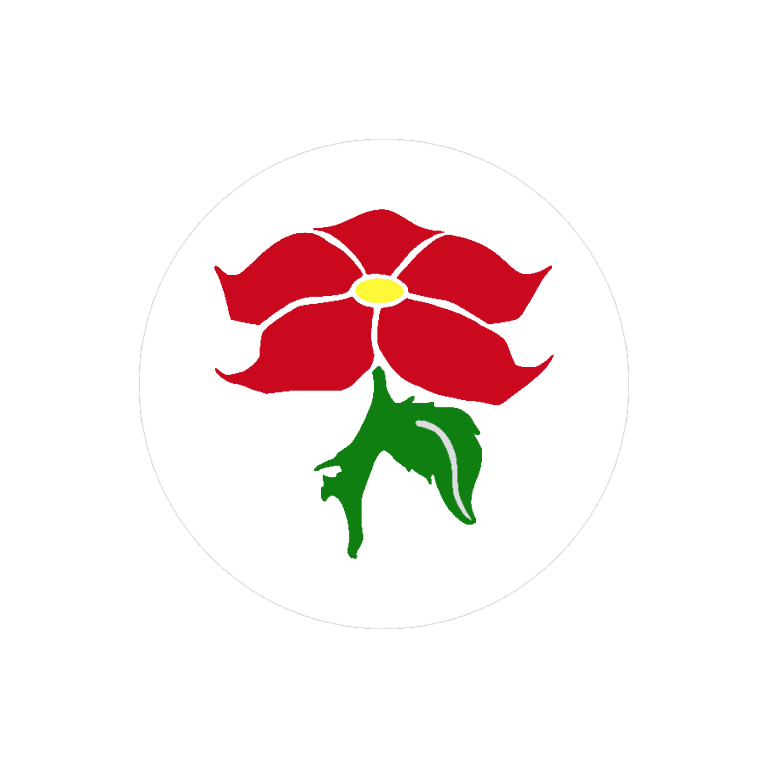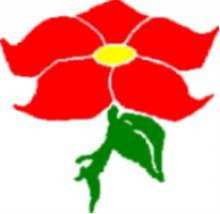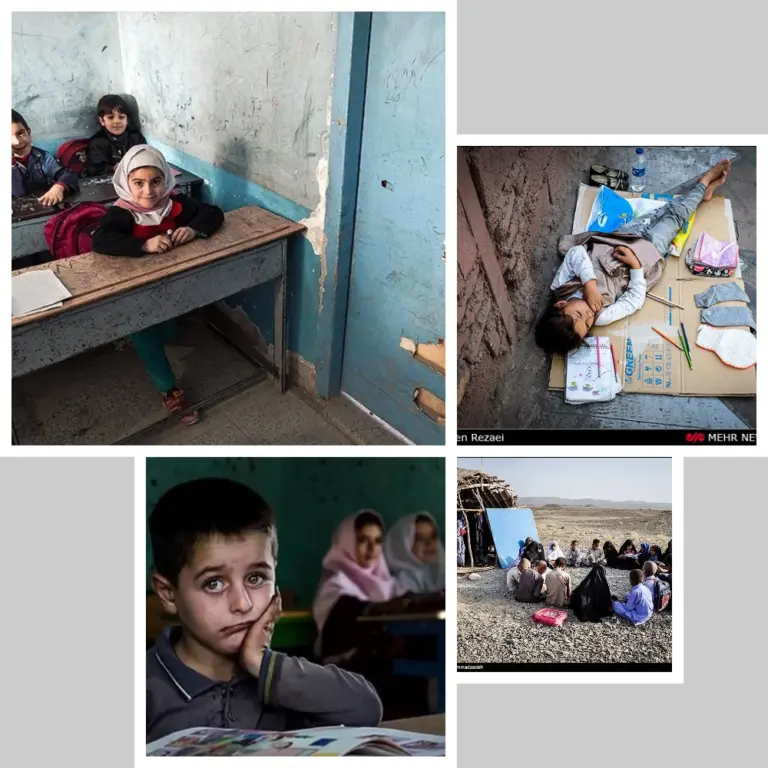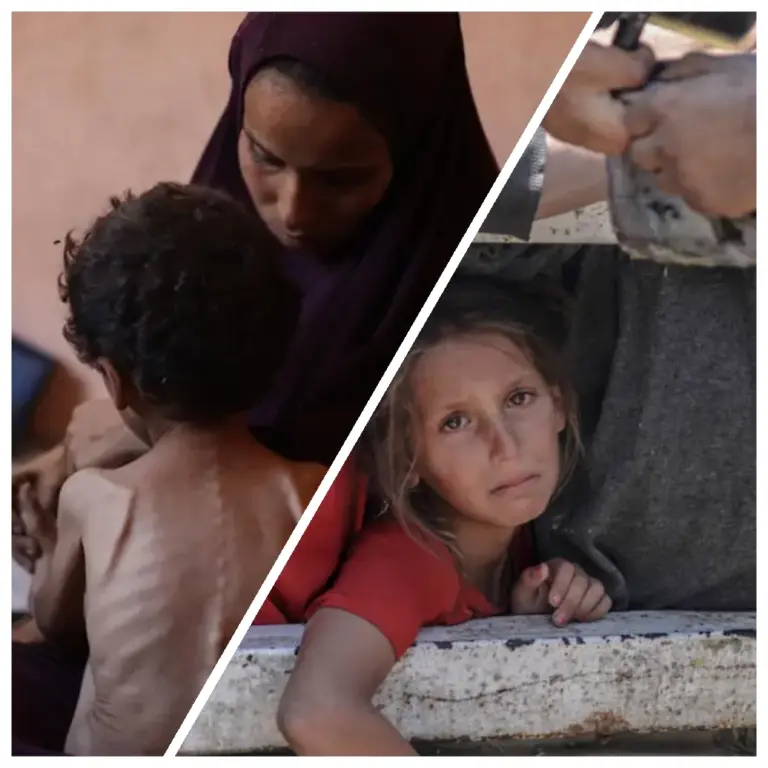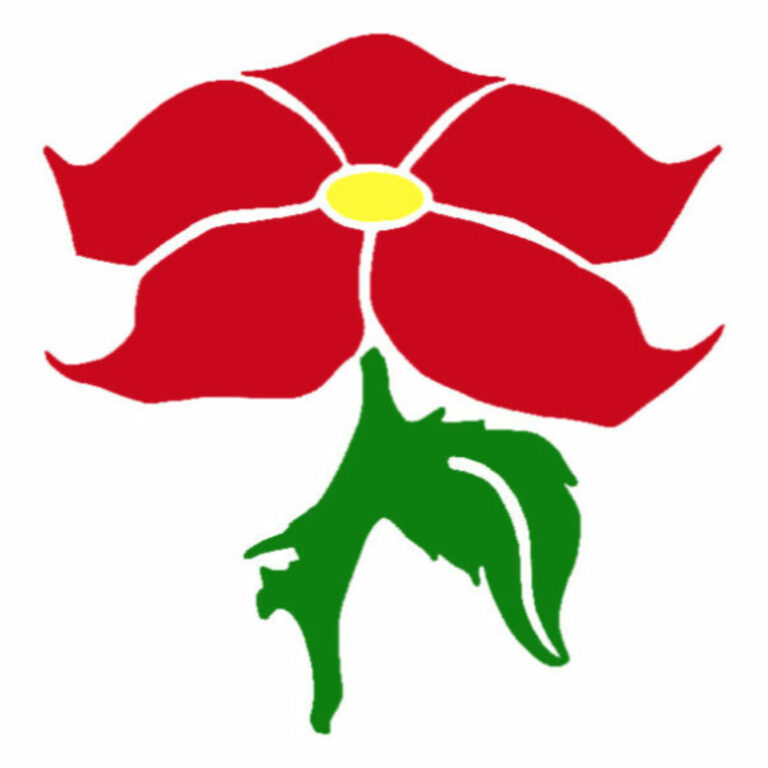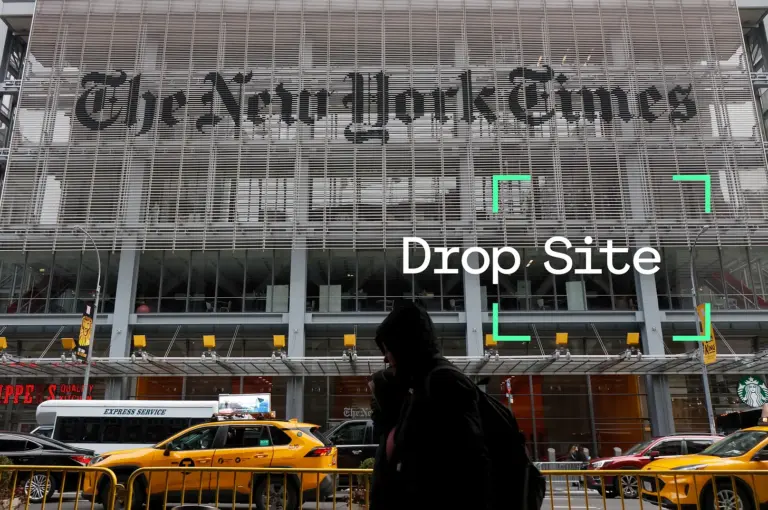Our country is facing tough challenges in international and national arenas. These challenges will affect country’s political arena and as a consequence, new arrays will emerge. These challenges are rooted in the crises facing the Islamic Republic: nuclear, economic, competence, participation, and state-nation (legitimacy) crises. Currently, the international pressures, coupled with the internal crises are forcing the Islamic Republic to the vortex of crises.
Economic Situation of the Country
Economic Crisis
Within the recent months, economic crisis has become a real issue and has affected lives of low income social groups and has become a challenge within various regime’s forces. Although country’s economy is affected by the international crisis and sanctions, but its roots are mainly internal factors.
Economic crisis has a vast influence in the society. Economic crisis is reflected in stagnancy-inflation of the economy, ever increasing inflation, unprecedented growth of cash, low economic growth, decrease in the growth of industrial section and bankruptcy of many production units, decrease in investment, increase in population under absolute poverty line, and increase in unemployment and class differences.
According to the National Bank official reports, inflation rate was 15.6% at the end of year 1385 (2006-2007) and has risen to 22.5% and above 30% at the end of year 1386 (2007-2008) and at the end of the second month of the current year, respectively. According the International Monetary Fund (IMF) report, Iran has the highest inflation rate in the Middle East and fifth in the world.
Inflation is rooted in increase in cash, increase in current and development budget, and government’s economic and financial policies. Cash, as causeless capitals has a destructive role in country’s economy and has increased significantly. The amount of causeless cash which was 60,000 billion tomans in the beginning of the ninth cabinet term has risen to 160,000 billion tomans within three years. Although Iran’s economy during three years of the fourth program has an average growth of six percent, the volume of cash has an average growth of over 35 percent.
In spite of ever-increasing inflation growth, Ahmadinejad’s government is pursuing its cash generating policies and do not pay attention to the economists warnings. Government has increased the volume of budget, reduced bank interest rate, increased the amount of subsidies and continues its costly promises during provincial visits. Increase in cash volume and general demand will increase the inflation rate.
Inflation growth has coupled with recession. Although we observe an increase in general demand, the growth rate of industry has reduced. In the fourth five-year program a 12% growth was forecasted for industry sector. To achieve this rate, investment was supposed to increase by 10% for industry sector to secure many of the unemployment demands. In 1383, end of the third program, industry had a 12% growth. But in 1384, the year Ahmadinejad sworn in as president, it decreased to 7.5% and to 4% in 1385 (according to the Central Bank Report). It is obvious that industry is facing many serious challenges. Foreign sources of this sector have shrunk due to the international sanction. In 1386, cost of using foreign sources increased significantly. Increase in import volume, which has been secured from oil revenue, has forced many of the production units to go bankrupt or to slow down.
In addition to the economic crisis, our nation is facing water and drought crises. Vast part of South and Central part of Iran, including Tehran, Central, Bushehr, Hormozgan, Khuzestan, and several other provinces are facing water shortage. Water shortage has caused water rationing in some provinces and possibly others in coming months. Due to decrease in rain fall during the last winter around 120 cities and 6,000 villages are facing shortage of drinking and irrigation water. Decrease in water volume will cause decrease in agricultural production and power generation.
Ever-Increasing Poverty and Unemployment
More and more people live under absolute poverty line every year. According to the economists, those who live under absolute poverty line constituted 29.4% of the population in 1383, 31.9% in 1384, 33.6% in 1385, and 35% in 1386. Poverty line has been defined based on family income and consumption, as 400,000 tomans nationwide and 700,000 tommans for Tehran.
According to the head of Iran Statistics Centre, the rate of unemployment has risen to 11.9% nationwide. According to him, 25.6% of 15 to 24-year old youngsters are unemployed. This figure is 28.9% in the urban and 19.4% in the rural regions.
In spite of increasing annual oil revenue to more than 80 billion dollars, more and more people’s lives have been driven to poverty and adversity. Increase in inflation has affected low income and deprived provinces people’s lives. Ever-increasing inflation is driving more and more people to the lower strata of the society and has worsened the majority of people’s lives.
Competence Crisis
Increase in oil revenue, as a god given gift to the ninth government, which was covering government’s incompetence and the Islamic Republic crises, now is an intensifying factor to them, especially to the economic crisis.
Within the last three years, the price of oil has constantly gone up and is currently above $130 per barrel. Within the last three years, government’s oil income has summed up to $220 billion. In another words, Ahmadinejad’s government oil revenue for the last three years in office was equivalent to the oil revenue during 16 years of the last two administrations (during first, second, and third program years). With $220 billion oil revenue, Iran’s economic capacity must have been doubled. However, country’s economic capacity has increased by one eighth.
In spite of large oil revenue, which could have been an invaluable bankroll for our country’s development and could have increased major indicators of the country, due to the incompetence of the ruling faction in leading the country, economic crisis has intensified and people’s lives have become more difficult.
Ahmadinejad is not competent in leading the country. Incompetence crisis has penetrated into the very existence of the ruling bloc. He promised people social justice, betterness of low income people’s lives, and “bringing oil revenues on the people’s kitchen table”. But nothing but suppression, poverty and adversity has been done for the majority of social groups.
Ahmadinejad hides country’s economic realities, fudges statistics, blames the international opposition forces for the current miserable situation and denies obvious facts of the economy. Regarding government’s incompetence, Ahmadinejad accuses other forces of sabotage. He denies his government incompetence; however, the majority of people feel otherwise.
Country’s Political Situation
Increasing Suppression and Tightening Country’s Political Atmosphere The ultra-right faction, who enjoys the Supreme Leader unconditional support, is a totalitarian current moving toward dominating and controlling the society. The ultraright faction tightens all the public atmospheres which have been created for various reasons, including current discords in the regime and continuous struggles of the political, cultural, and social activists. From this faction’s point of view, civil society and non-governmental institutions do not exist. In their minds, only governmental institutions have legitimacy. That is why this faction eliminates or tries to bring independent institutions under its control.
From the first day of coming to power, the ultra-right faction has marched on the road of suppressing social movements and prosecuting, arresting and convicting their activists, closing public atmospheres, intensifying pressure on journalists, political, cultural, and social activists, censoring media, books, theatre, movie, and filtering web sites, closing down or controlling non-governmental organizations. During its first two years in power, Ahmadinejad’s government was hesitating to increase pressure on social arena, such as women Hejab, but, within the last year it has increased its pressure and control over this arena. During the last few months, the Islamic Republic intelligence institutions have launched a suppressive policy against left activists, especially left students.
Eighth Parliamentary Election
The eighth parliamentary election was undemocratic, non-competitive, and controlled wherein even reformists were denied of running in many constituencies. The ruling bloc did not want the election process take place based on people’s will. It was pursuing a predetermined outcome which was planned behind the closed doors. By vast eliminating the reformist and independent candidates, forming the Osulgarayan (fundamentalists) United Front, and committing fraud in the election process, the ruling bloc managed to actualize its plan.
But there was not a big turnout, especially in the big cities. According to the published statistics, people’s turnout was below 50% countrywide and less than 30% in big cities. A significant portion of people did not participate in the election, as they concluded that their votes were not counted and regime would use their votes to show its own legitimacy and to continue the ruling faction dominance. This fact showed that a large number of the people in the big cities were not on the regime side and the ruling bloc had only 12 to 13% support.
Challenges Within the Regime
By pushing the reformists to the brink of power, the ruling bloc was determined to form a uniform government and pursue its policies by avoiding internal tensions. But there was not an end to the challenges and a new set of challenges emerged within the Osulgara (fundamentalist) faction. During the reformist government, challenges were mainly around human rights and political development, but currently, they are about economic issues, having more share of rentier state income, and how to govern the country.
Ahmadinejad’s government has provoked various social classes and strata and also a portion of the Islamic Republic institutions against itself. Challenges have even extended inside his government. As the dismissed economy minister said in his farewell ceremony: “government creates new troubles for itself every day or challenges one of the regime institutions”. He enumerated troubles as so: “difficulty with the parliament, difficulty with the Expediency Discernment Council of the System, difficulty with certain individuals, difficulty with IRIB (Islamic Republic of Iran Broadcasting), difficulty with media, difficulty with rivals in previous presidential race, difficulty with potential candidates of the tenth presidential race, and tens of other difficulties!”.
Eventually Ahmadinejad’s government will have difficulty with the eighth parliament. Although eighth parliament has emerged from a controlled election, it will be affected by the Islamic Republic crises and people’s vast dissatisfaction and at least a number of parliament members will be critics of Ahmadinejad’s government and its policies. The recent revelations against some traditional right wing individuals and conservative clergies by Ahmadinejad’s supporters are indicative of intense challenges within Osulgara faction.
Changes in the Islamic Republic Political Structure
Eighth parliamentary election clearly demonstrated changes in the political structure. These Changes started years ago and gradually became evident. The Islamic Republic structure is based on theocracy where the Supreme Leader with unlimited power is at its peak. But, due to structural changes within the last two and half decades and due to the Islamic Republic acts, the position of the traditional institutions, market and clergy have weakened. On the other hand, the Islamic Republic policies have denied civil institutions and political parties of emerging and replacing traditional institutions and creating a strong civil and political society. Having said that, The Iranian Revolutionary Guard Corps (IRGC), which had the vastest and the most organized structure and had leadership hierarchy, could enter the social, economic, cultural, and political aspects and by taking advantage of political parties and civil institutions’ weakness has taken hold of power and various social aspects.
Since the Iraq-Iran war, the IRGC, from a military institute, has evolved to a public institute with multiple functions such as; military, security, cultural, media, economic, scientific and technological functions, governing country, legislating, acting abroad, and participating in main policy making decisions. The relation between IRGC and government is one-way and government does not have control over IRGC’s economic activities. IRGC defies the executive branch to audit its activities and recedes to pay tax and custom fees. Its economic activities and resultant revenue and its scientific and technological abilities on the one hand, and being under the Supreme Leader wing, on the other hand, has given the ability to IRGC to have a relative independence from the executive branch.
Based on IRGC’s economic activities and military power, a military-intelligent bourgeoisie stratum has been formed that enjoys government rentier to procure wealth. Ahmadinejad’s government policies have pushed that bourgeoisie layer which was formed during the last two decades and has facilitated the expansion of the military-intelligent bourgeoisie stratum. IRGC’s agenda is not only gaining political power, rather dominating various social aspects. In this regard, our society is observing a new phenomenon which has never been observed before. During its advancement, the IRGC has emerged as a government beside the existing government and has gained a strong and effective presence in the Islamic Republic institutions and organs (parliament, cabinet, media, High Security Council,…). IRGC wants to have control over government and society at the same time.
Military people usually come to power through a rapid and inflicting action by using weapon and bringing artillery and tank on the street and suppressing opponents or government authorities. But IRCG has chosen a long, gradual, thorough, reliable and less costly path.
It can be concluded that the balance of power within the power structure has changed unfavorable to the clergy and favorable to the military group. The Islamic Republic political structure was founded on clergy oligarchy. IRGC, with penetrating into the top and body of the executive branch of the government and strong presence in the parliament, participating in main policy decision making, nuclear project and foreign affairs and active presence in intelligence, economic, and cultural aspects has become another pillars of the regime. In another words, one can say that clergy’s oligarchy has changed to clergy and IRGC’s oligarchy.
IRGC does not intend to send clergies to Qom (holey city and base of the clergies) at this time. Whereas IRGC suffers legitimacy issue, it prefers to keep clergies in their current status so that it can control all organs and institutions of the regime under their shadow. Clergies also know that the Islamic Republic will not remain stable without IRGC. Thus, to keep the regime alive, they both need one another.
Nuclear Crisis
Although the nuclear crisis suddenly subsided after US intelligence institutions report and US military threat against Iran declined, but the United Nations Security Council has issued its third resolution against Iran after report against Iran and has increased its pressures to make the Iranian regime stop its uranium enrichment.
Bush’s administration is in its last months of being in the White House. However, Washington’s authorities are using a tougher language and from certain circles in the United States and Israel the military threat is again on the table and Israel’s unilateral military attack against Iran has intensified. Israel’s intelligence services are constantly disclosing that Islamic Republic will obtain its first atomic bomb detonator in year 2009. At the same time, in the midst of presidential campaign, new accusations against the Islamic Republic interference in Iraq, Lebanon, and Afghanistan are being propounded.
In the month of May, US war ship named “Abraham Lincoln” joined “Harry Truman” war ship in the Persian Gulf and carried more weapons to the region. US air force has recently declared that B-2 bomber carrier in the region was ready for operation again. These bombers are capable of carrying 30,000-pound “Banker Buster” bombs (special bombs capable of penetrating in extremely strong buildings).
Bush visited Israel in May. As Yushka Fisher, German’s former foreign minister, said, Bush’s central purpose of his trip was Iran and military operation against this country before his term ends. According to “Urshalim Post”, during his visit in relation to Iran’s increasing influence in Lebanon, Bush has said that: “The disease must be treated not its symptoms.” In its recent report, IAEA has also claimed that Iran had not comply with the Security Council resolutions and had not halted Uranium enrichment and had failed to provide information related to its nuclear program.
It seems that the military threat against Iran is increasing. The international sanctions have not been able to make the Islamic Republic halt its uranium enrichment and Israel is not sure if the same neo-conservative policy toward Iran would be followed after Bush leaves the White House. Thus, it believes that the current situation is a suitable one to attack Iran and asks Bush’s administration not to miss this golden opportunity.
On the other hand, during the last month, the Islamic Republic proposed a package for resolving nuclear crisis and also EU has sent Iran another incentive package. But there has not yet been any discussion on the issue. The Islamic republic has proposed that an international consortium be formed to produce nuclear fuel in different countries including Iran.
International Sanctions’ Effect on Country’s Economy
Within the Iranian political circles concern about military attack has reduced but concern about the consequences of international sanctions have increased. International sanctions have had the following specific effects on country’s economy:
-The cost of prime and intermediate materials, parts and equipments from foreign sources have increased.
-Investment in some sectors of country’s economy has faced difficulties and unfinished projects have faced delay.
-Rate of the risk in investment in Iran has gone up and consequently the cost of insurance has increased.
-Banking limitation at international level has caused problem in goods exchange and has damaged importing non-oil products.
-With decrease in Germany’s export to Iran, import of Chinese and Russian goods with lower qualities to Iran have increased.
-More than two hundreds international banks have stopped or reduced their service exchanges with Iran. Thus, more than 75% of Iran’s exchange with Europe must be exercised through networks with high costs.
Tenth Presidential Election
After one year the tenth presidential election will be held. Nonetheless, various regime factions have already risen for this election. This coming election is an important one. On the one hand, Ahmadinejad has shown his incompetence and has caused dissatisfaction within Osulgaran forces; as such there is no guarantee that he would have all the Osulgarayan support. On the other hand, within the IRGC and Basij, that were his main supporters in the previous election, various factions have emerged. It is remote that IRGC and Basij would wholly support him.
The presidential election is not the same as parliamentary election. In parliamentary election, the ruling faction was able to eliminate a considerable portion of its rivals by rejecting their candidacies. But in presidential election, rejecting competence of the rivals is not that effective. Within the Osulgarayan rivals, there are individuals such as Rafsanjani, Mohammad Khatami, Hassan Rouhani, and Mehdi Karoobi whose competence can not be rejected by the Guardian Council. Each one of them can be a serious candidate against Ahmadinejad in the coming presidential election. On the other hand, Ahmadinejad is not the only candidate of Osulgarayan. Within the Osulgarayan strata, he probably will have rivals such as Ali Larijani and Mohammad Bagher Ghalibaf.
Ahmadinejad’s position in the society and in the regime has weakened as consequences of his adventurous international policies, his incompetence in managing country’s affairs, ever-increasing inflation and economic crisis, spread of poverty and misery, increase of dissatisfaction within various groups of people, not fulfilling his before election promises, firing a number of cabinet members, accusing his own cabinet, encountering a part of the regime and repeating irrational behaviors. It is remote that he be able to have the support of all Osulgarayan currents and emerge as regime’s candidate.
On the other hand, Khatami’s candidacy can destroy Osulgarayan’s plan and reduce the chance of their candidates. Keeping in mind political and economic situation of the country, the ruling bloc fears that Khordad 2nd, 1376 (May 22nd 1997) may be repeated. Because of this, within the next months, some may try to convince Khatami to change his mind.
Nevertheless, the next year presidential election will be a challenging issue in country’s political arena and the ruling bloc will be facing more difficulties in bringing up its candidate as an emerging winner. If the ruling bloc decides to eliminate the rival candidates it may cost them more relative to the parliamentary election. By knowing the importance of economic crisis, it seems that economic issue will be the center of discussion in the presidential campaign and candidates will challenge each other on this very specific issue.
Social Movements
Social movements are facing the most difficult challenges. Pressures on social activists have significantly increased. Leaders of “One Million Signature” campaign are continuously being prosecuted and imprisoned, labor movement leaders are in prison, military atmosphere has intensified in the universities, and professors, students, and student associations are under pressure.
Although intensified suppression and totaliter current aggression in the public atmospheres have weakened political, cultural, social, and journalism activities, the ruling bloc has not been able to smother the social movements. Student movement is alive and active and expresses its resistance in any possible way. Women struggle continues in associations, circles, non-governmental organizations, and media and web sites, workers’ objective actions continues in different forms and a group of progressive workers are increasing their struggles to form an independent workers’ body.
It is fair to say that political and cultural activists, students, workers, journalists and civil institutions and social movements are resisting against the ultra right faction aggression. Although their resistance has not made the totaliter faction to back off but it has been able to weaken its aggression speed.
Increasing inflation, increasing poverty and unemployment, and deepening class differences have caused vast dissatisfaction in the society. On the base of people’s vast dissatisfaction, social revolts similar those in early nineties may take place and people tired of economic and social pressures may pour on the streets to show their protest. Regime’s leaders fearing of forming social revolts have increased anti-revolt and suppressive organs and have sent more police forces to the streets.
Outlooks
Country’s political outlook looks dark. No bright horizon for exiting the current situation can be seen within the next months. Ahmadinejad’s government does not have any plan to improve middle and lower classes lives. Forecasts indicates that within the year left to the end of Ahmadinejad’s term, inflation will continue, cash amount will increase, inflation-recession crises will continue, industry will face more difficulties, country’s economy will continue to fall (because of Ahmadinejad’s unwise decisions), poor will become poorer, class gaps will deepen, and economy and competence crises will intensify.
The ruling bloc is determined to keep the political atmosphere close, continue its suppressive policies against political activists, journalists, and social movements’ activists and worsen public atmosphere. Currently, no solution to the nuclear dispute can be seen in near future. The Islamic Republic is insisting in uranium enrichment and West is strongly against it. International sanctions and pressures have touched our people’s lives and will deepen the internal crises.
Political and economic situations have increased dissatisfaction of many groups of people. It can be said that the Islamic Republic is isolated in international and national levels and in spite of injection of oil revenue into the society, its social base is at its all time low. More groups of people come to the conclusion that regime is not changeable and at the same time, there is no any alternative available to it.
The Islamic Republic continues its life mainly by its suppressive policy. The Islamic Republic may be able to save its life by implementing policy of suppression in short term but it will be drowned in the vortex of crises. Crises will affect the society and even the ruling bloc and will form a new array inside of it.
Our Policies and Activity Directions
– The ruling bloc and the Supreme Leader at its peak are responsible for tragic and critical policies in international and national levels. At the moment this bloc is the main target of the struggle.
– IRGC’s presence in political, economic, social, and cultural structures of the country and its participation in main foreign and security policy making decisions, have damaging consequences in international, regional, and national levels. In our mind, political, economic, cultural, legislative, and administrative fields are not IRGC’s jurisdiction. IRGC must back off from the above fields and return to the garrisons.
– Currently, resistance and organizing resistance are still on the table.
– The current time, demands organizing, enforcing civil society, and working among social movements more than ever.
– Because of the ruling bloc policies and actions, economic and competence crises have intensified and have touched our people’s lives. In the future period, more attention must be paid to these crises.
– Poverty, unemployment, and class gap have become issues of working classes, toilers, and middle class. Paying attention to this fact is a necessity.
– Left has emerged again in the society and student movement. Serious attention must be paid to the left issues in terms of theory, pratic, and platform.
– Attracting international support to put pressure on the regime to observe human rights are still on the table.
– Supporting workers, women, and students’ movements, national minority struggles, and also human right activists, journalists, and social activists’ struggles are in our activity list. We support them as always.
– We advocate free, democratic, and fair election and support twenty-article conditions set out by “The Committee of Defense for Free and Fair Election in Iran” and declare of readiness to participate in the relevant activities.
– Presidential election gradually affects the political atmosphere of the country. We will actively participate in election campaign, try to bring forward the idea of nominating an independent candidate among the opposition forces, and work toward preparation of a platform which secures freedom, citizenship rights, and demands of lower strata of the society.
– Although the threat of military attack to our country is not as high as before, but the processes are indicating an eminent danger of war. We are against any military action against Iran and reject the war as a solution to the nuclear crisis. As we have acted in the past, we will focus on reducing the threat of military attack.
– The continuation of uranium enrichment by the Islamic Republic, interferences of the Qods Guard in Iraq, and support of Islamic fundamentalists in the region, are causes of sanctions and military action against Iran. To prevent a tragic war, the Islamic Republic must comply with the Security Council demand, halt uranium enrichment, stop supporting paramilitary and fundamentalist forces in the region, start talking with all parties, especially the US government and try to build up confidence. To end the crisis, the following solutions could be on the table:
o Suspension of Uranium enrichment by the Islamic Republic and suspension of the sanctions by the Security Council can be the first steps toward ending the crisis (bilateral suspension).
o Stopping the nuclear program by the Islamic Republic and stopping intensifying sanctions through new resolutions by the Security Council and starting negotiation between both parties (time-out solution).
– We demand that the Islamic Republic ratify the additional IAEA protocol.
– The presidential election in the US will be taken place in the coming months. The Islamic Republic and its policies in the region and nuclear crisis are in agenda of presidential campaign. We are against Mr. McCain’s policy toward Iran and believe that Mr. Obama’s policy of direct negotiation between the two countries is positive. We emphasize on diplomatic ways and direct and transparent talks between the two countries toward the solution of the problems between them.
Central Council of the Organization of Iranian People’s Fadaian – Majority (OIPFM)
June 14, 2008 (Khordad 25, 1387)

